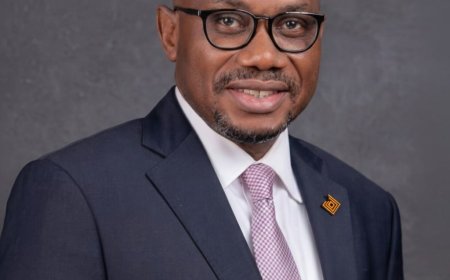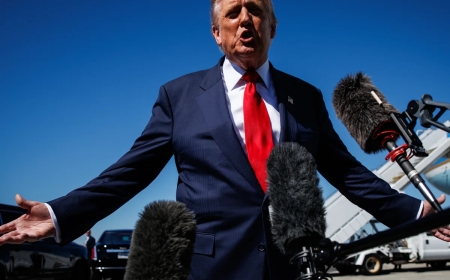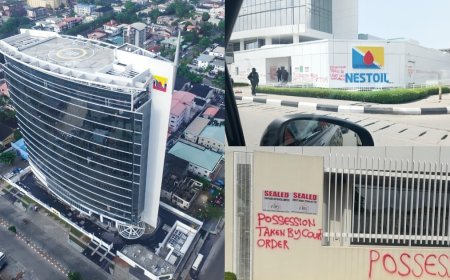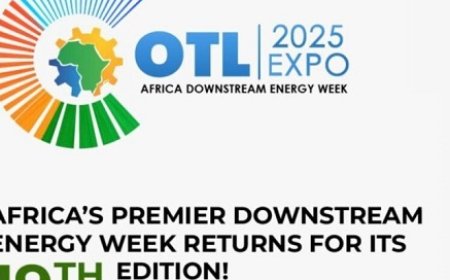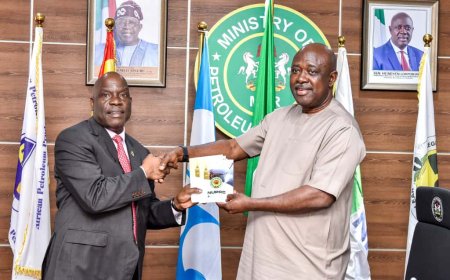Dangote Refinery Clarifies: No Fuel Distribution Through Motorcycles
Dangote Refinery has issued a statement confirming that it is not distributing fuel through motorcycles. The clarification addresses recent misinformation about unauthorized fuel movement.
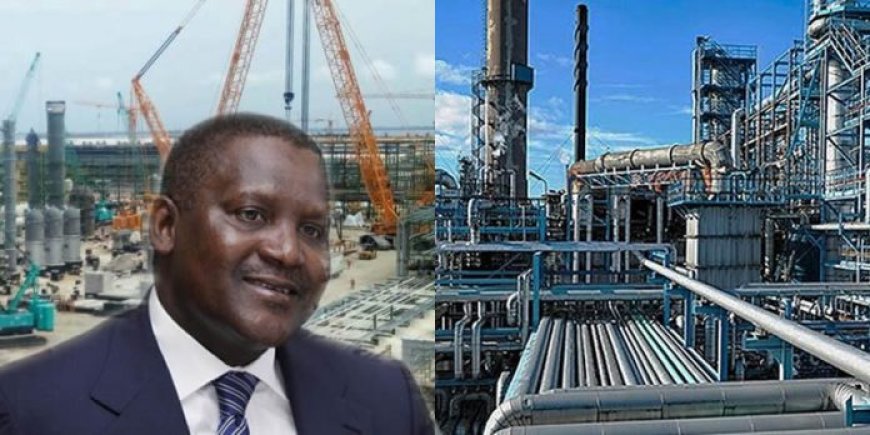
- The Dangote Refinery refuted claims of employing motorbike dispatch for fuel delivery.
- A viral video depicted a company named FuelUp delivering fuel, falsely linking it to Dangote Refinery.
- Dangote confirmed no associations with such campaigns, stating it supplies fuel only to bulk buyers.
- In June, the refinery initiated a plan to deploy 4,000 CNG-powered trucks for efficient distribution.
The Dangote Oil Refinery recently refuted the story that it would be employing the use of motorbikes to deliver petrol as part of its current distribution plan.
The claim comes from videos on social media, suggesting that the petroleum refinery was looking into the idea of using dispatch riders to deliver fuel.
As seen in the video posted on Sunday, a frustrated customer opted to use WhatsApp to order fuel after waiting in a long queue to get fuel.
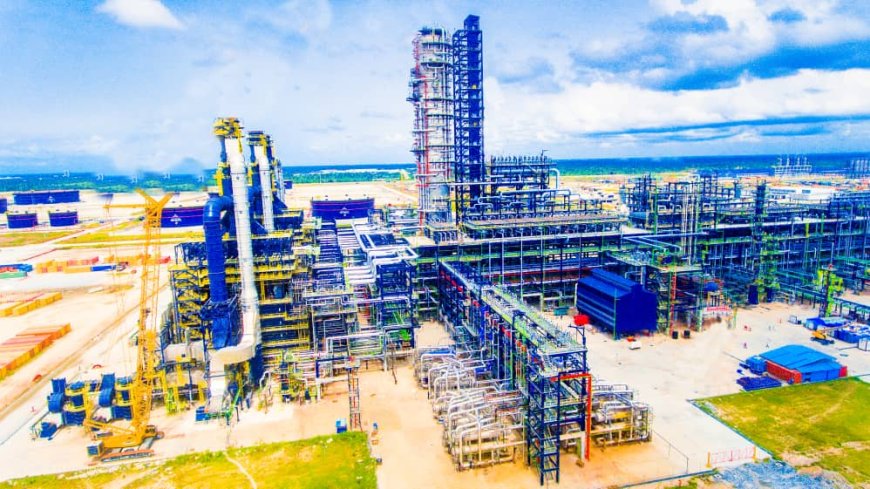
The video depicts a dispatch rider seemingly working for a company called FuelUp, delivering fuel directly to the man’s gas tank.
The video then shows that FuelUp is powered by the Dangote Refinery, thus the refinery’s rationale for refuting any association with the campaign.
The Punch newspaper also reported that the video was fake after contacting some Dangote officials.
READ MORE
- On The Road to DeMaskUs – Monday Morning Meditation | The Cyrus Partners Priesthood with Ohio O. Ojeagbase
- On The Road to DeMaskUs – Monday Morning Meditation | The Cyrus Partners Priesthood with Ohio O. Ojeagbase
- How to Never Be Broke Again: Godly Principles for Building Wealth By Pastor Ibukun Awosika
- Sunday Service – House on the Rock Church | Pastor Paul Adefarasin | Water Walkers Series Part 12
“We are not in any way associated with this,” the Dangote Refinery issued.
A Dangote executive revealed that the refinery does not have a contract with any business to sell fuel through bikes; instead, it solely supplies fuel to bulk buyers.
The video, however, which blew up on social media, gained the commendation of some, while others flagged it as a flawed idea.
Dangote’s distribution plan
In June, the Dangote Refinery set off an ambitious plan to deploy 4,000 CNG-powered trucks across Nigeria.
The plan intends to reduce yearly gasoline distribution expenditures by about ₦1.7 trillion and improve petroleum supply chain efficiency.
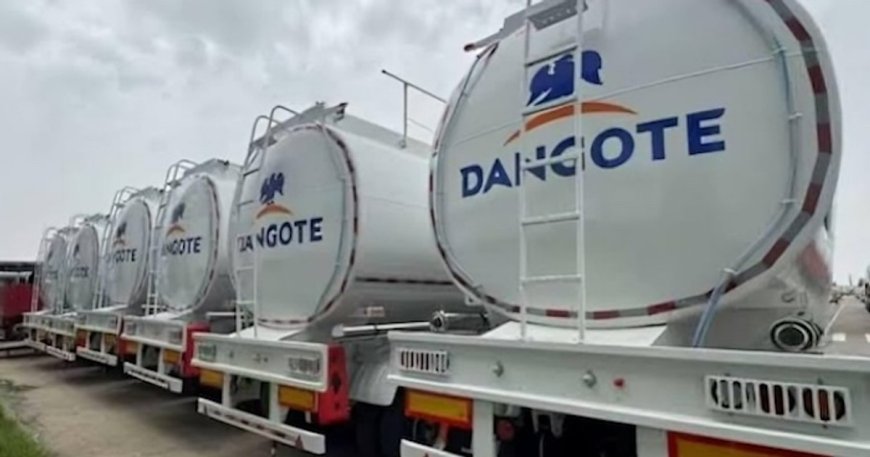
According to the refinery, deploying the CNG-powered fleet, which is around 40% more cost-effective than conventional diesel tankers, would significantly cut the cost of distributing petroleum products across the country.
This change to CNG-powered logistics is also a step toward cleaner energy, in line with global trends to reduce carbon emissions from the petroleum sector while providing a more reliable and cost-effective distribution network.
Beyond cutting fuel transportation costs, the firm expects the scheme to benefit the entire economy.
More than 42 million Micro, Small, and Medium Enterprises (MSMEs), which represent a large amount of Nigeria's economic activity, are expected to benefit from lower energy prices, ultimately enhancing profitability and operational efficiency.

Kindly share this story:
Contact: report@probitasreport.com
Stay informed and ahead of the curve! Follow The ProbitasReport Online News Report on WhatsApp for real-time updates, breaking news, and exclusive content especially when it comes to integrity in business and financial fraud reporting. Don't miss any headline – and follow ProbitasReport on social media platforms @probitasreport
[©2025 ProbitasReport - All Rights Reserved. Reproduction or redistribution requires explicit permission.]
What's Your Reaction?







